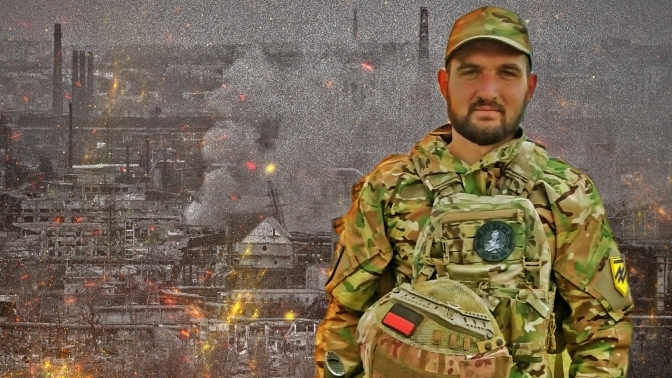
Why did you decide to serve in «Azov»?
I joined the regiment in 2020. Before that, I was in the Azov movement, the National Corps.
«Azov» was founded on 5 May 2014 in Berdiansk. At the time, it consisted of only 56 people. Then it grew into the Azov battalion within the Ministry of Internal Affairs, which, in particular, took part in the battles for Maryinka. Since the autumn of 2014, it has been a separate special forces unit of the National Guard. The «Azov»soldiers took part in the Shyrokyne operation, in the battles at the Svitlodarsk salient, and in the Mariupol campaign itself.
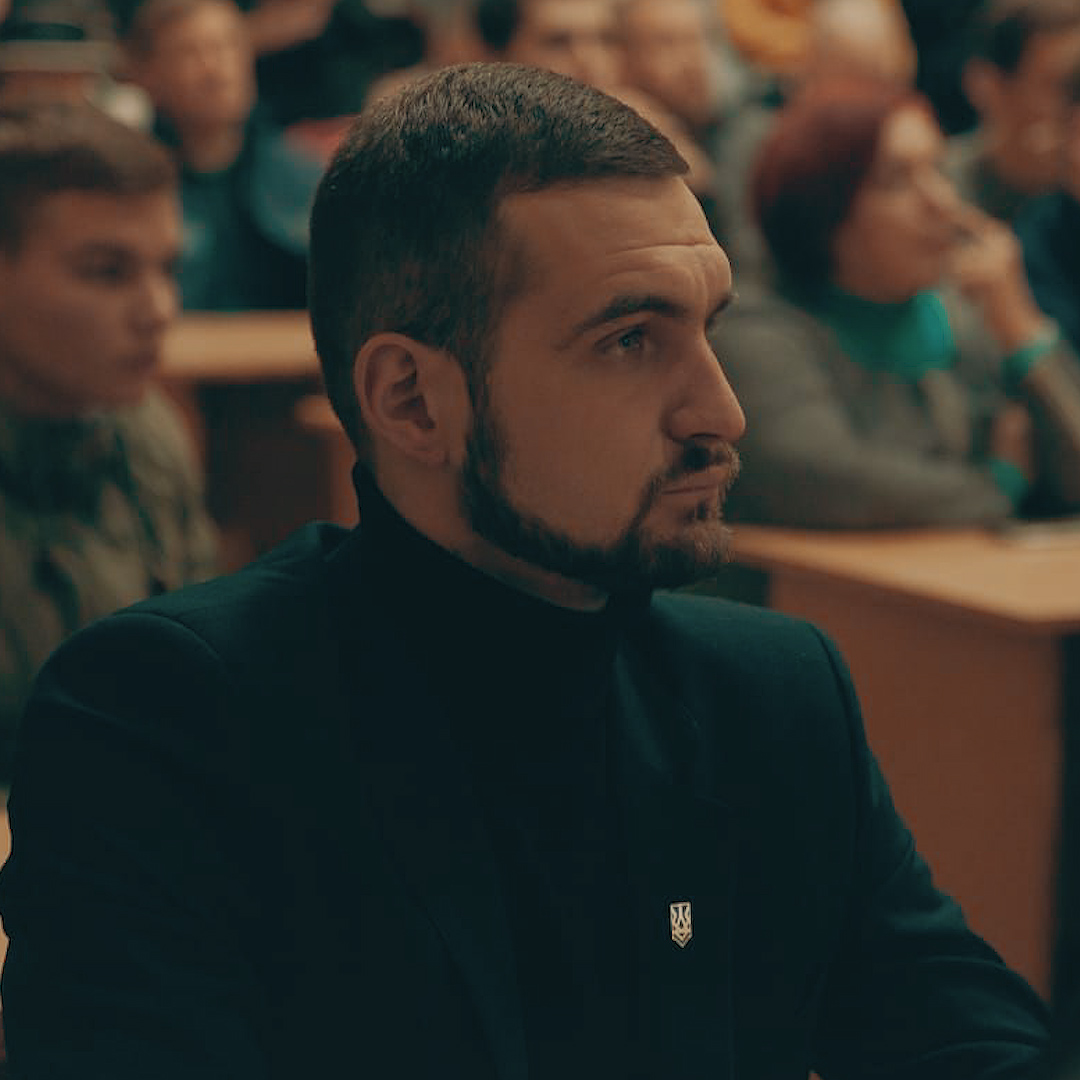
Our release was very symbolic: we became free on the 6th of May (this year), and the day before, the 5th of May, was the ninth anniversary of the ‘Azov’ regiment.
What is special about the «Azov»: what kind of training does it provide, and what are its rules and values?
«Azov» is special because of its character. We held Mariupol purely on willpower. Without supplies, without equipment, surrounded, facing the most difficult military situation any unit can encounter. There was simply no more challenging situation. «Azov,» as one of Ukraine’s leading military units, unfortunately, found itself in it, but there we demonstrated that we stand by our words, what we believe in, and what we fight for. We aimed to set the same standard for the Ukrainian army.
Ideology, internal rules, and corporate ethics have shaped the regiment into what it is today. It is challenging to join «Azov,» similar to any elite military unit: one must submit a questionnaire, undergo an interview, and then undertake the Young Soldier Course or Basic Combat Training Course (BCTC). The course spans over 9 weeks, during which participants learn all military disciplines and undergo character assessment. Many individuals drop out during this rigorous stage.
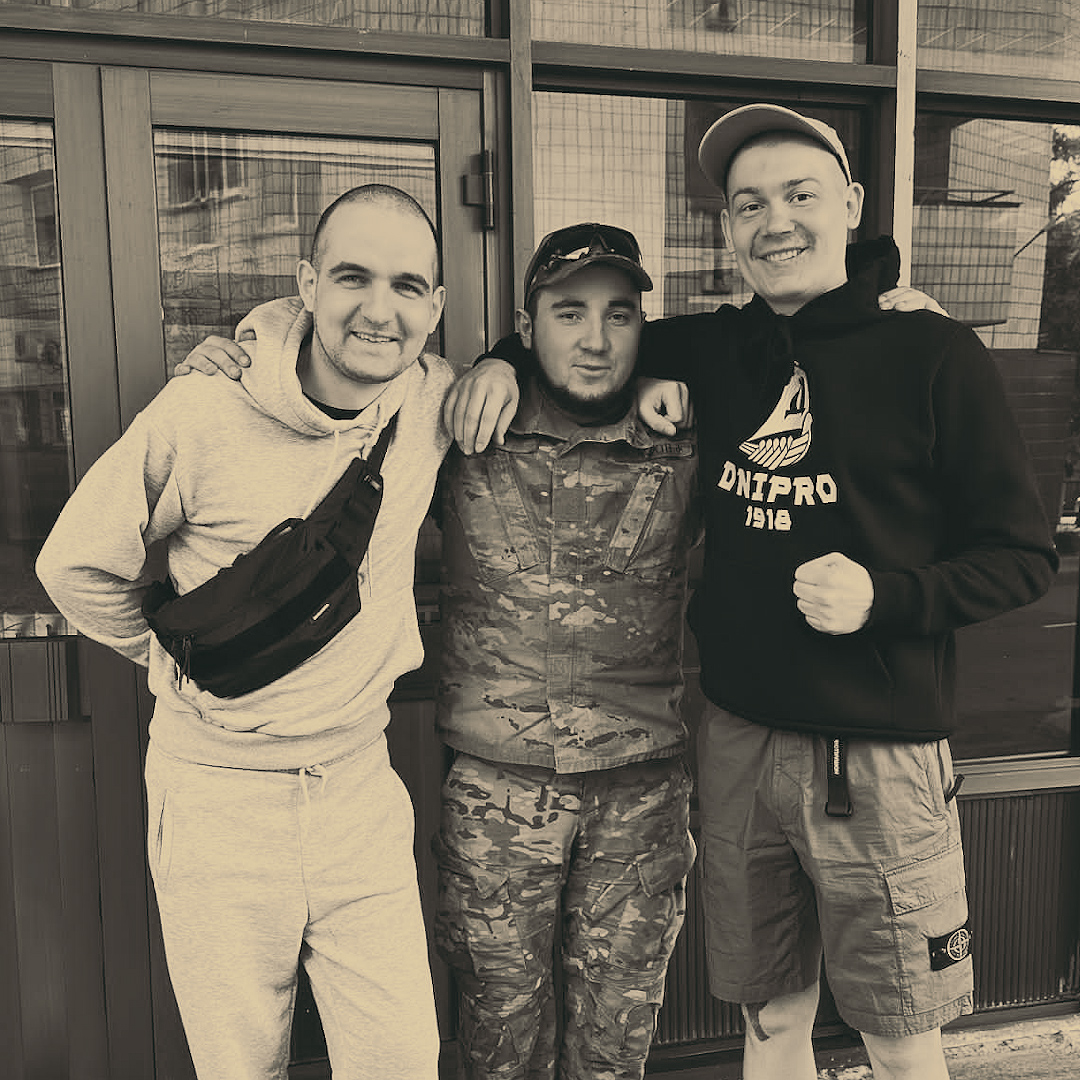
«Azov» has always been popular. For example, half of my course dropped out. There are a lot of athletes in the «Azov», but the BCTC shows that this is not enough. You can be physically fit, but you have to show character and prove that you are worthy of being in the unit. Only then will you get here. If you’re not ready, you let know with a specially made bell made of D-30 shells, and then you either train harder, try again, or leave. I have friends who have taken the course three times because they set this goal. Some of them could barely stand it for a week…
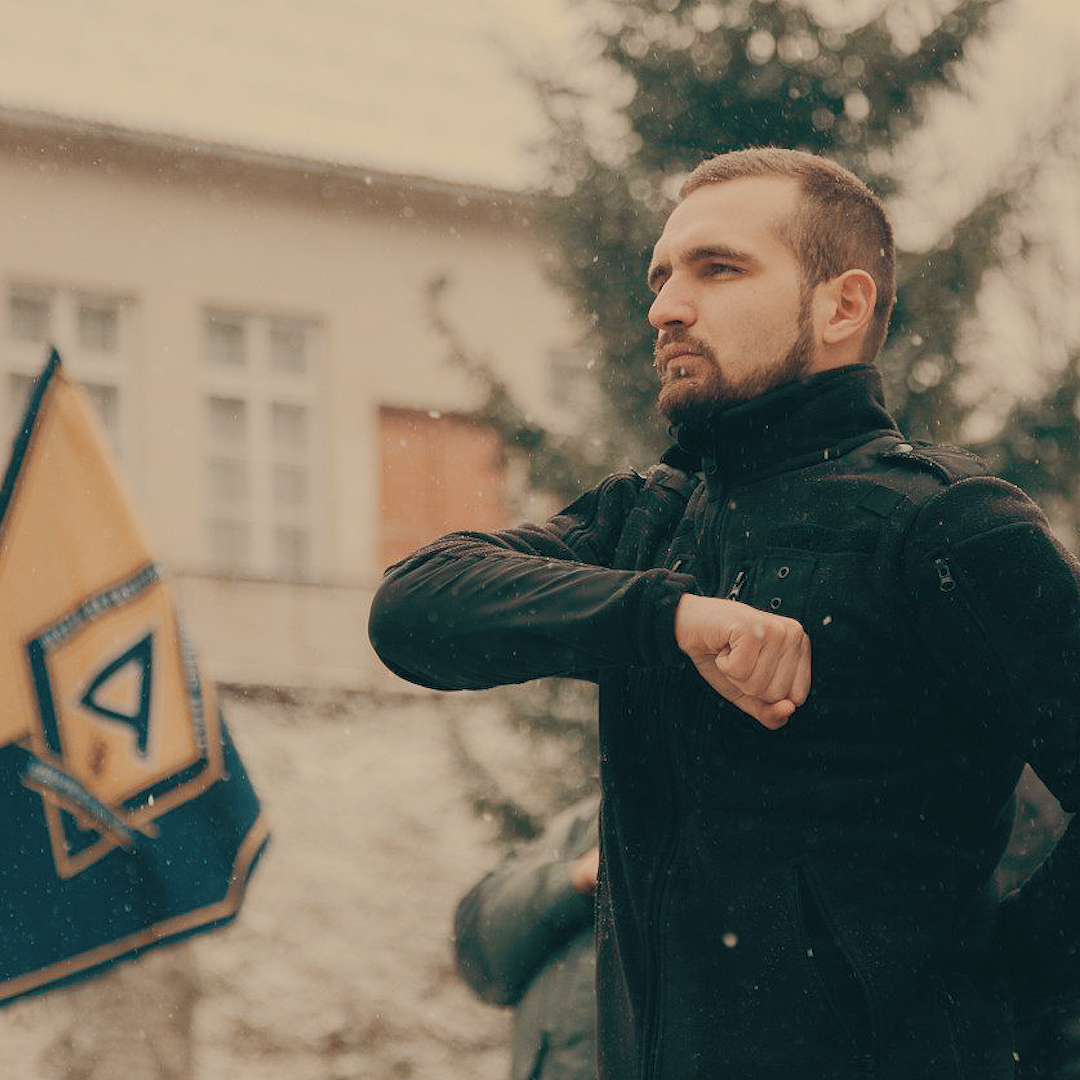
Is it true that the Russian military treats the «Azovs» with a fierce anger?
«From the onset of the hybrid war until the present, including the full-scale invasion, the Russians have capitalized on historical misconceptions and ideology. Since 2014, their objective has been to portray the Azov Regiment as an enemy, labeling us as Nazis and drawing parallels to their past fight against the Nazis. They have actively propagated this narrative within Russia, Ukraine, and globally, aided by individuals affiliated with Medvedchuk. The Russians have succeeded in making us the foremost ‘scary’ entity, which, as it has transpired, we have become.»
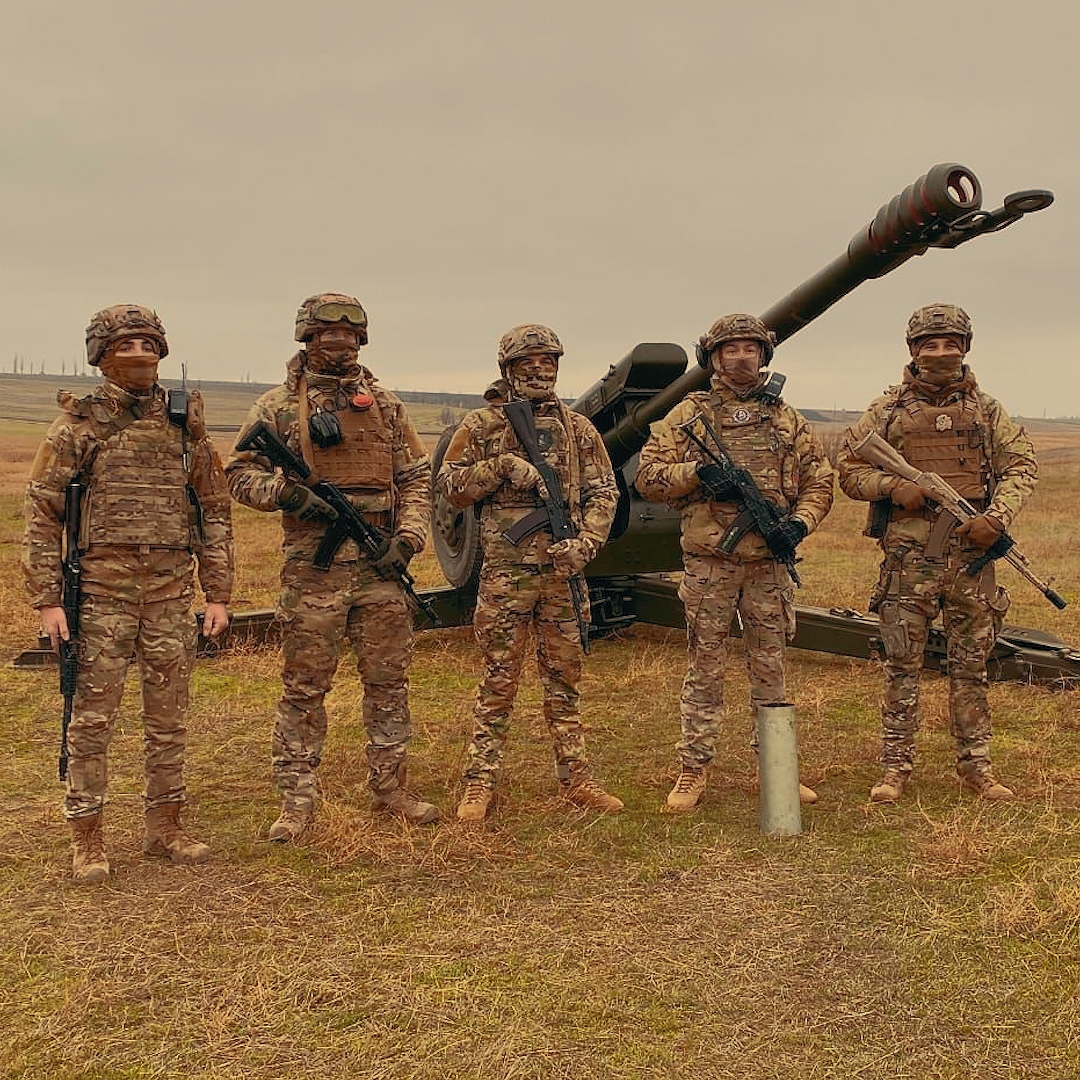
Prior to the full-scale war, our regiment faced sanctions, denial of foreign armaments, instructors, and funding due to the narratives propagated by the Russians through their diplomatic missions worldwide and media resources. At the outset of the Mariupol campaign, this played a dreadful role: all our training, skills, and professional military expertise relied solely on our own efforts. Nevertheless, we managed to demonstrate even better results, held the city for a longer period, and potentially reduced casualties among our personnel and the civilian population. Consequently, we have become the primary adversaries for the Russians. As we exited the ‘Azovstal’ and crossed the infamous bridge, the soldiers from Donetsk People’s Republic greeted us, saying, ‘We have been waiting for you for 8 years,’ specifically addressing the ‘Azov’ unit. Therefore, when it comes to treatment, detention, and captivity of volunteers from battalions like ‘Aidar,’ ‘Donbas,’ ‘Right Sector,’ and others, I can say one thing: it cannot get worse. We had to endure the most critical conditions.
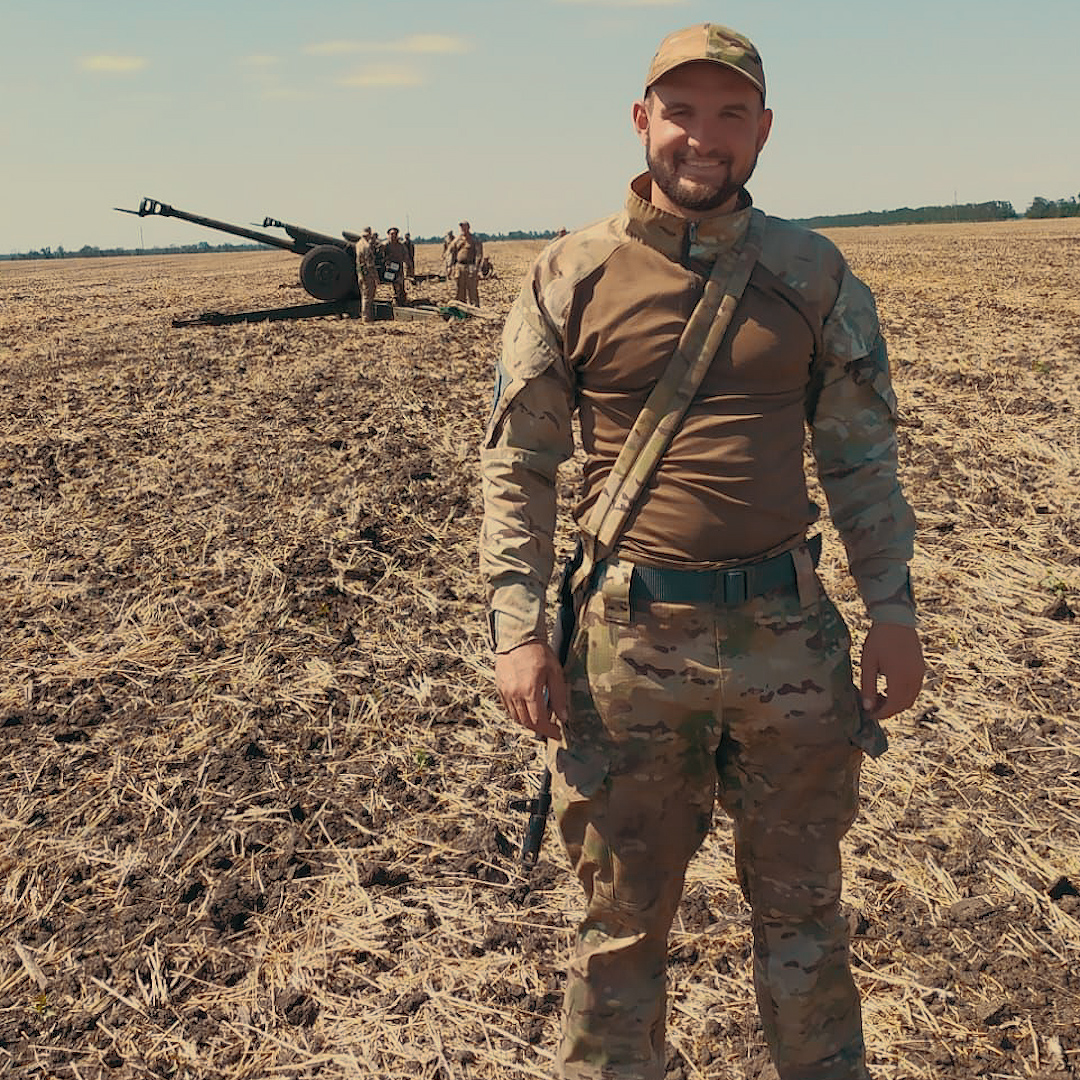
You got injured in Mariupol. How did you manage to survive in the encirclement?
«I survived thanks to my comrades-in-arms, our military skills, the skillful doctors who provided medical care at ‘Azovstal’, and just good coincidences.»
Mariupol was the worst-case scenario: it was a blockade, there was no air defense, and no help. The city was not prepared for combat at all. How did we end up surrounded, and why was the frontline city, which had been 10 kilometers from the frontline for nine years, not prepared for the defense at all? It is not like Dnipro, Zaporizhzhia, or Kharkiv, which are much further away from the front. Why did the air defense systems disappear so quickly? They had left before the 28th of February, and all the Buks went to Zaporizhzhia. So there was no air support to shoot down enemy missiles and aircraft. And the worst thing is that you are surrounded. Everything in the world that can shoot is flying at you. The Tu-160, a Russian supersonic strategic bomber, fired missiles at ‘Azovstal’ from the Caspian Sea.
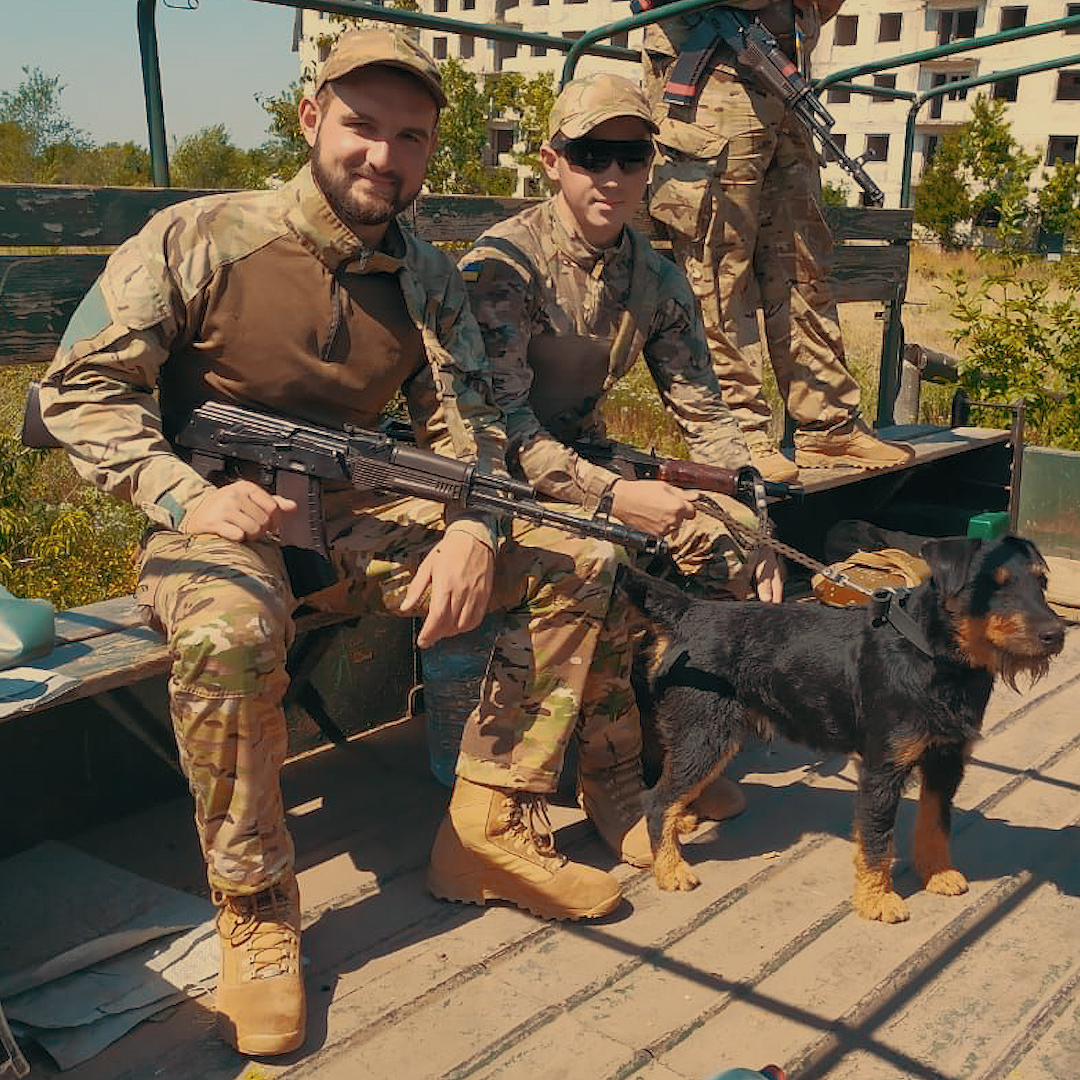
That is why our character and training played a decisive role in Mariupol. You have to be a versatile soldier – you have to support your group, help civilians, shoot from all types of weapons, be able to hold the defense, and go on an assault. I am an artilleryman myself, but I worked in my specialty for only two weeks. The rest of the time, until I was injured, I was doing infantry work, was a position leader, and carried out sorties. That’s why the young soldier’s course was very useful to me.
Some experts say that this is a war of drones and aviation.
«This is a war of burning, destruction, genocide, in the literal sense. Before the full-scale invasion, it was a hybrid war only in certain territories, supported by pro-Russian information forces. And now it’s a war of scorched earth.»
In the beginning, the Russians thought they would take Kyiv in three days. They did not succeed, although due to the mistakes of our top leadership, they managed to capture some parts that they should not have. And when they reached their maximum, they realized that we had started to advance, and they resorted to terror with missiles and drones to keep the entire population in fear. Understanding that they will have to give up the captured Ukrainian territories, the Russians simply want to destroy them completely. So that there are no people or buildings left and the land is scorched. The same applies to the border areas and large cities – Dnipro, Zaporizhzhia, Kherson, Kharkiv, and Sumy. They want to inflict maximum losses on them.
Because war is when one military force fights against another; no one shoots at funeral processions, shopping centers, or residential buildings. You are fighting against the enemy. But here, on the contrary, immense forces are deployed to intimidate and destroy everything: the civilian population, animals, buildings, entire cities. We have encountered this scorched-earth tactic before. We will undoubtedly triumph so that future generations do not have to sacrifice their youth for eternity, just as we have had to do.
Tell us about leaving «Azovstal.» How did the ‘Azov’ soldiers perceive being taken prisoner, and what were their thoughts?
«It was scary, there’s no hiding it. Anyone who says they’re not afraid is lying. Everyone is afraid, but for some, fear hinders their work, while for others, it doesn’t.»
The sad news came when we were informed through the medical bunker that we were surrendering as prisoners of war. Until that moment, it was clear that it might happen, but we still hoped for better outcomes, like extraction or evacuation to Enerhodar. Of course, we were hoping for a breakthrough of the blockade. You want to hold on to that hope, but deep down, you understand that it’s impossible.
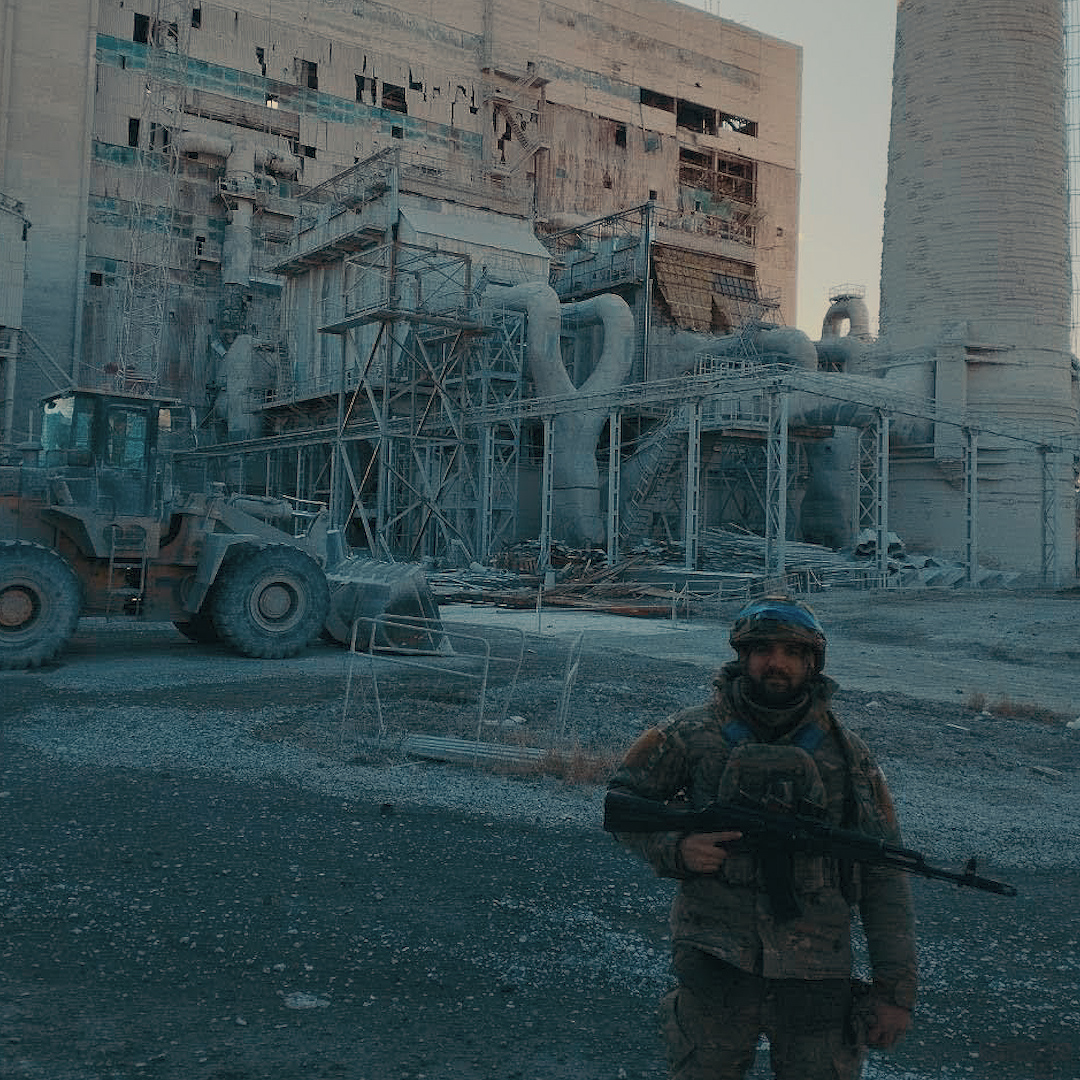
We hoped for the creation of a demilitarized zone where we could expect an exchange, but we were told that we would be taken to Olenivka in Donetsk Oblast. The «Azov» didn’t want to surrender, but we were given a guarantee that the captivity would last for three to four months, that they would initially exchange soldiers and sergeants, and then officers.
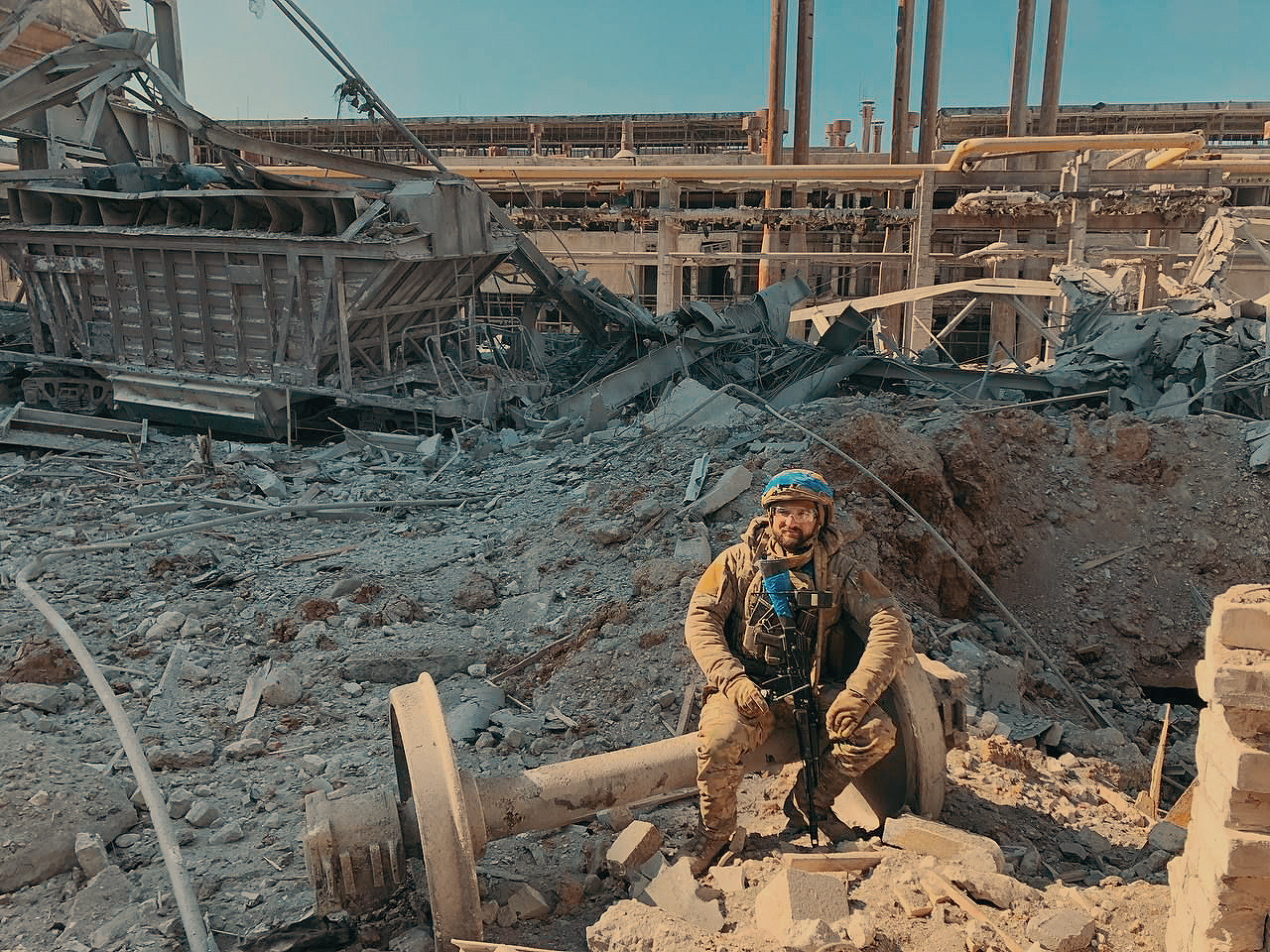
We decided that we would leave if there was such an order, and if the higher leadership of the state had made an agreement, then perhaps we should trust it. We trusted... However, no agreements, except for the fact that we would leave «Azovstal» alive, were fulfilled. Border guards were with us, guys from the 36th Separate Marine Brigade, and others. Some were happy, playing the guitar, but for us, the «Azov» soldiers, there was a terrible feeling that we were surrendering to the enemy. Anxiety, fear, doubts, and shame overwhelmed us. The sense of shame haunted us from the moment we heard about the decision to leave until the very moment of our departure.
From the first second we left for Olenivka, it was clear that all the agreements remained at ‘Azovstal’, under the concrete and iron. Then the most difficult journey began.
What happened in the former penal colony in Olenivka? You were taken out before the mass execution of prisoners on the night of 29 July...
I stayed there for two months. I was taken out two weeks before this tragedy happened. They had transferred me to the former Donetsk pre-trial detention center (SIZO) where Russians kept me until the exchange.
In Olenivka, you could go out into the yard, breathe fresh air, and have access to a toilet, water, literature, and a little more food. SIZOs have always been considered the worst place to be in this penal system. And the Donetsk SIZO is probably the worst place a prisoner can end up in. They prepared these places specifically for ‘Azov’. As far as we know, other prisoners of war, except for volunteer units, are held in different conditions.
The conditions there were terrible for the seventeenth and eighteenth centuries and even more so for the twenty-first century. Terrorism, physical violence, scarce food, lack of water, clothes...
«Because we had no clothes, we had a very difficult winter. Constantly staying in the basement... We could leave the cell only for so-called investigative or procedural actions. No walks were allowed. Before the exchange day, the 6th of May, I saw the sun and sky for the last time on the 18th of November.»
The issue of exchanging our servicemen is crucial because the guys are in the worst conditions. There, a day feels like a year. After being released, we can’t fully relax and enjoy the simple routine because we live as if in two worlds. You eat well, drive in your car, go somewhere into nature, but in your thoughts, you remember what is happening to the guys in those cells. It keeps you constantly tense, and you don’t know what can be done to improve their conditions or expedite their release, the exchange.
What gave you strength?
Thoughts about my family and comrades. I remembered good moments from the past and thought about what I had not done yet. I realized that the war was still going on, and I was locked in a cell and could do nothing. I wanted to get out as soon as possible and continue my mission. It’s very important to talk about these difficult moments. We must not shut ourselves off.
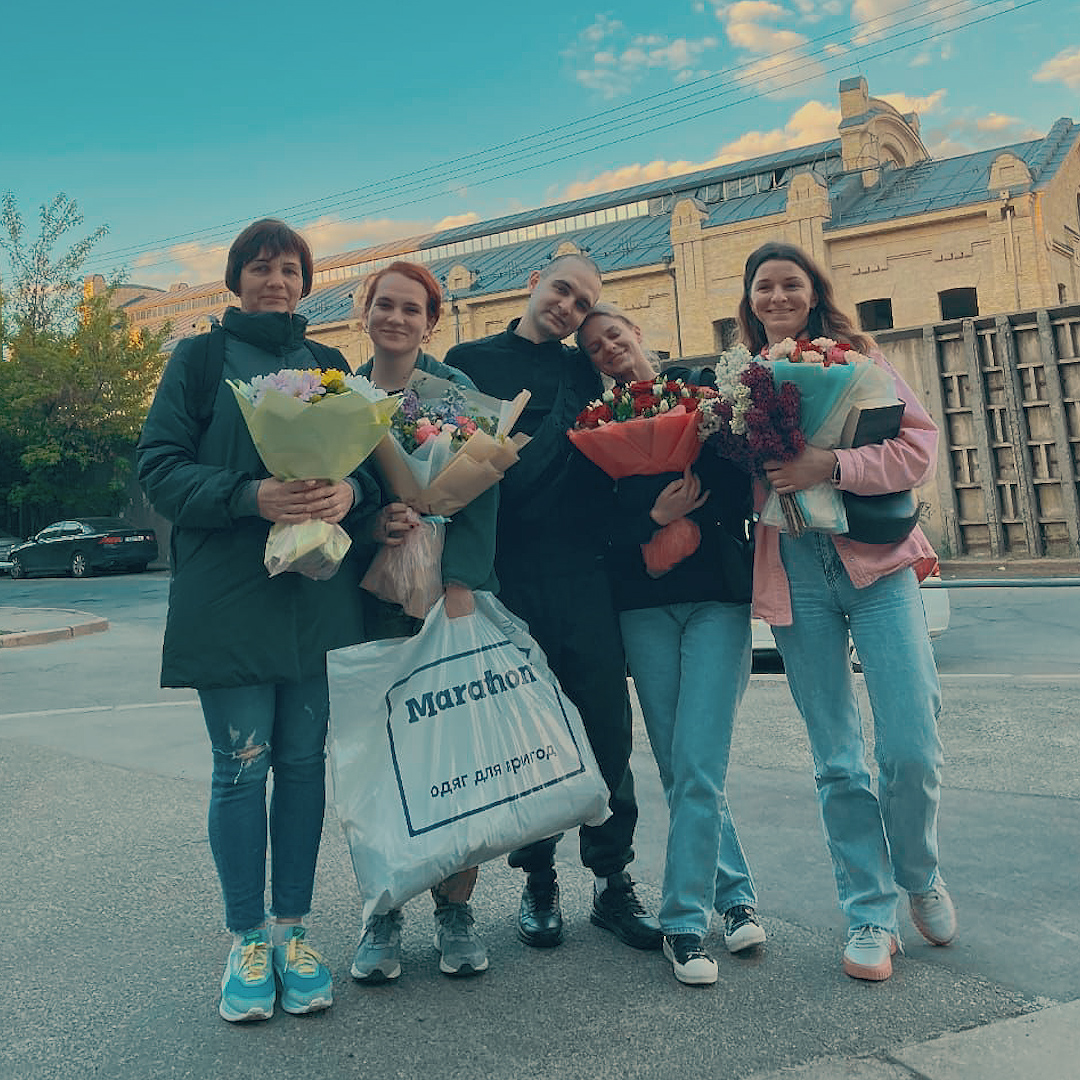
When you finally learned about the exchange, what were your first thoughts?
Everything was like in a haze. I cannot recall my initial feelings. It was just unbelievable that it happened. A year under those conditions and circumstances is a very long time. It wasn’t until the third day after the exchange that I finally calmed down. It was an immense happiness, the first positive emotion in a year.
«They take you off the bus, they start speaking to you in Ukrainian, and you can keep your head up, not bend. You sit up straight. You feel free. When you get off the bus, everyone greets you. It was unusual but very vivid. It’s nice that our state is meeting its soldiers who were in captivity with dignity. It is very important to understand that someone waited for you that someone fought for you.»
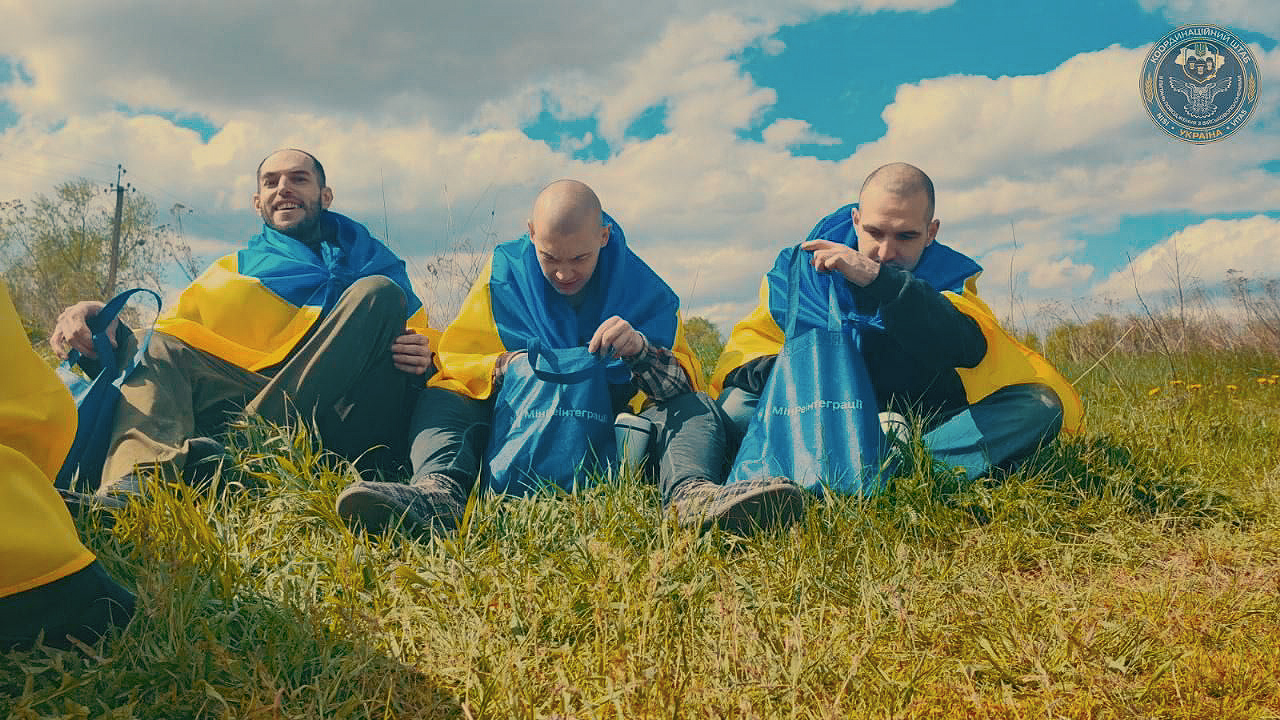
You are currently undergoing treatment in Kyiv. What do you plan to do next?
I plan to continue to serve in «Azov,» to do everything possible to ensure that we win, bring the guys back, and close the chapter with Russia once and for all. That’s why war and family are ahead, and then family and personal development.
The «Azov» recruitment center has opened in Lviv. Are you somehow involved in this?
During these two months, I focused on treatment and rest. However, I support the idea of recruiting individuals with character and the right values, who can test themselves and join one of the best military formations to defend Ukraine. Moreover, Lviv should serve as a forge for talents for such units.
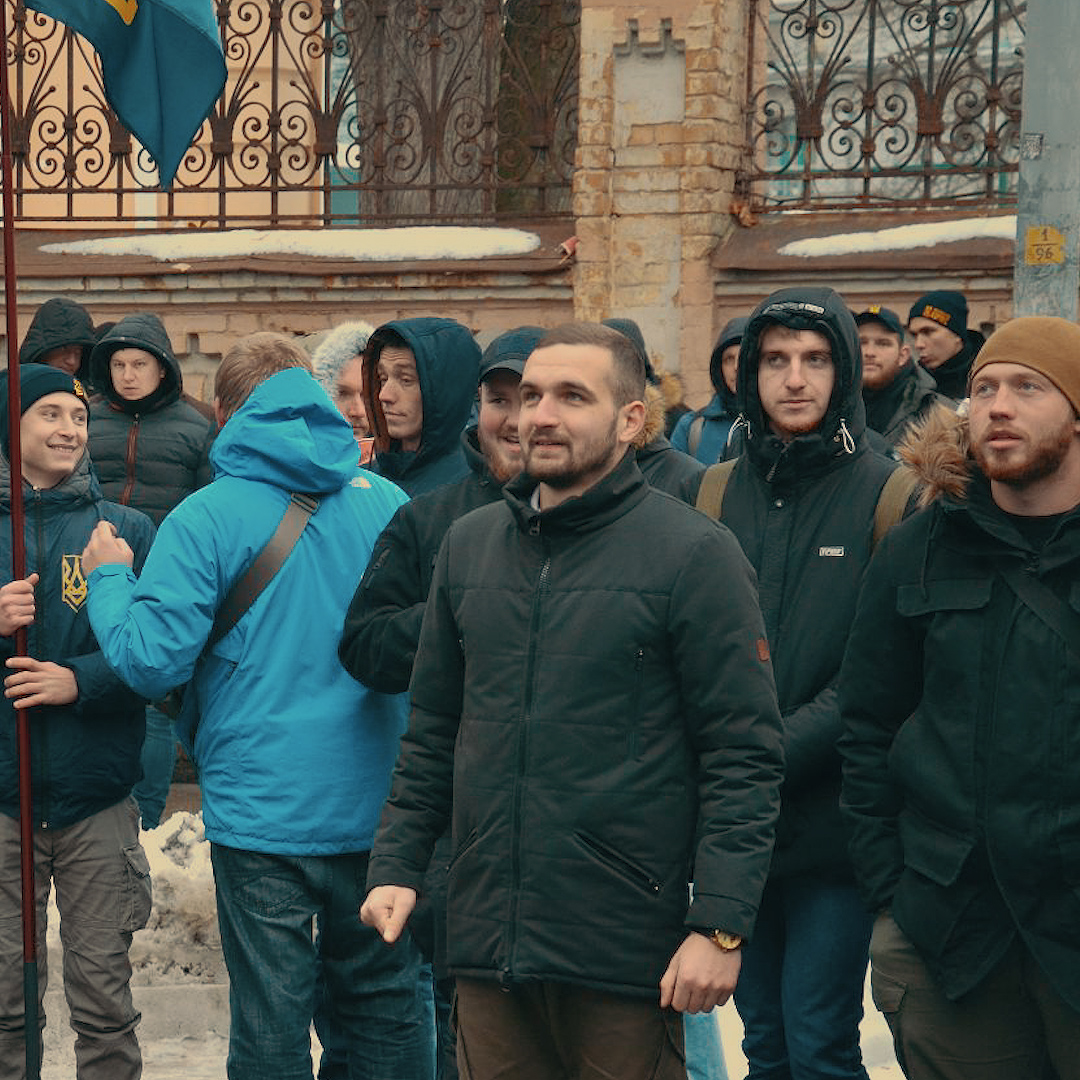
You are campaigning for people to join the ‘Azov’. There is an opinion that all volunteers are already at war. How can we motivate people to go and defend Ukraine now?
Firstly, there must be an understanding that this situation will last for a long time, that we will be at war not for a month, not for two, not for three, not to mention the recovery and identification of collaborators from the occupied territories. Almost every man will have to go through this in one way or another, no matter how one hides, runs, or thinks that it will pass them by. These are the realities because we have losses, we have wounded.
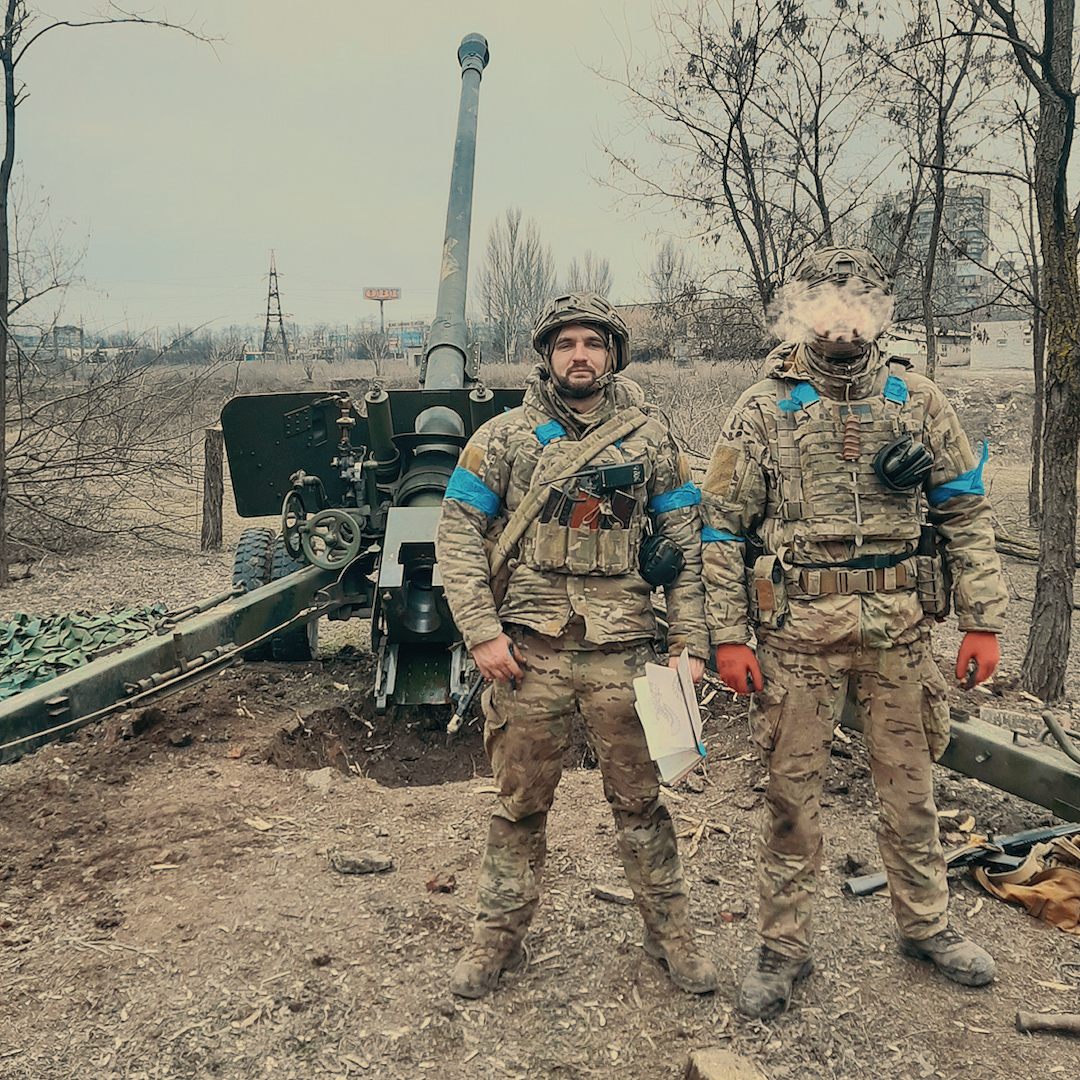
Not all volunteers went to war; there will be more of them. Even those who are captured and forced into this may become fully motivated. Because what matters is how you are received in the unit and what you see there. If you see that you are disregarded, treated as cannon fodder, you will seek opportunities to escape from it. But if you end up in a healthy environment, in this corporate ethic, you will assimilate within a month or two and become a part of it. Then you will see the war and understand why we do this: so that the frontline does not run near our homes.
That is why brigade commanders and officers need to form the right relationships and conditions, to lead the troops properly so that people understand that they are not units, not zeros in the personnel records, that they are individuals, warriors who are ready to go to the end. It is what I admired about «Azov.» And this will determine how you do your job.
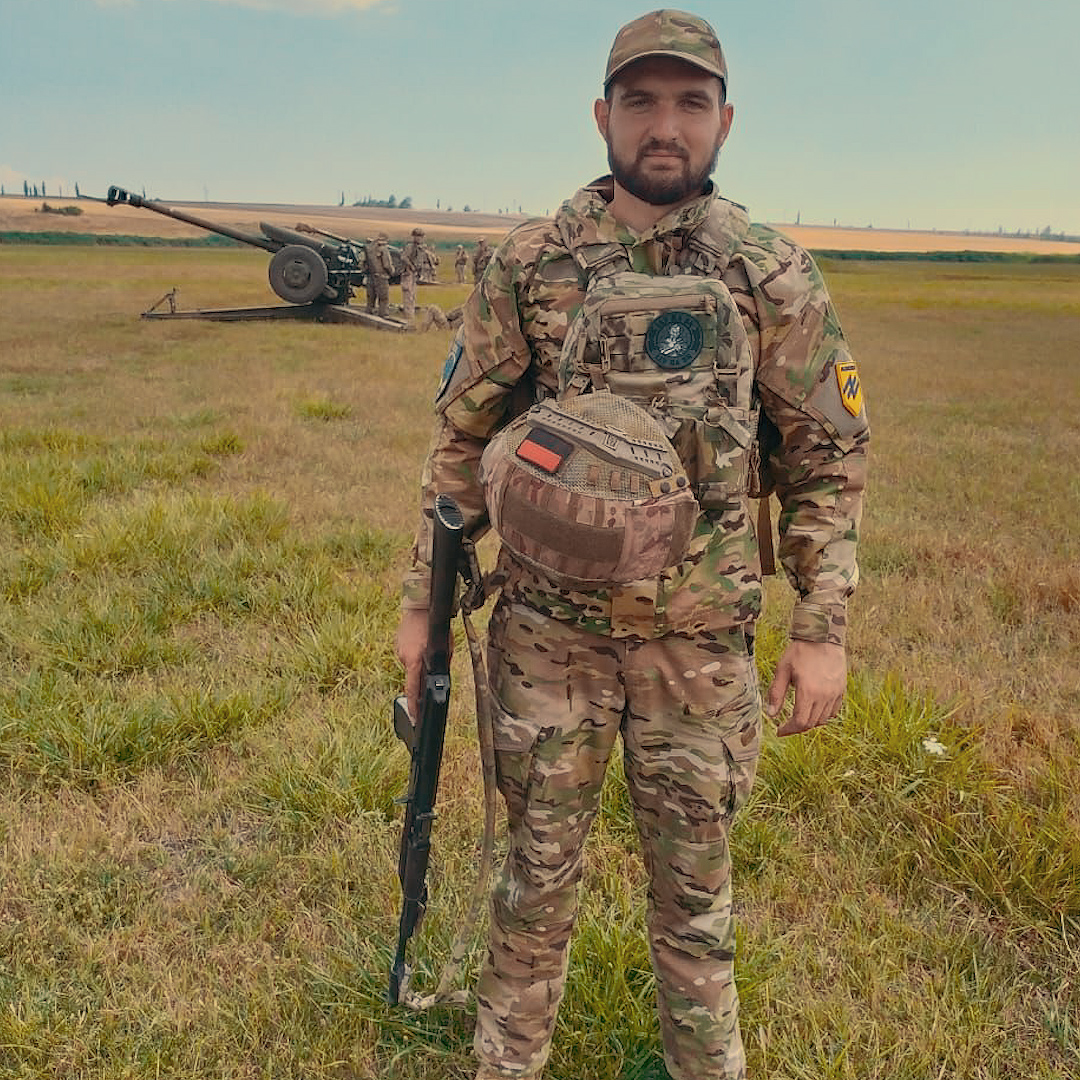
What will be a victory for you? It is more than just a fight for our territory.
When we reclaim what is ours, it will cause internal shifts within the aggressor country. Russians will realize that they wasted hundreds of thousands of lives and trillions of dollars without achieving anything. There will be a change in leadership and politics. Those who were involved in this war will be held accountable and isolated from the rest of the world.
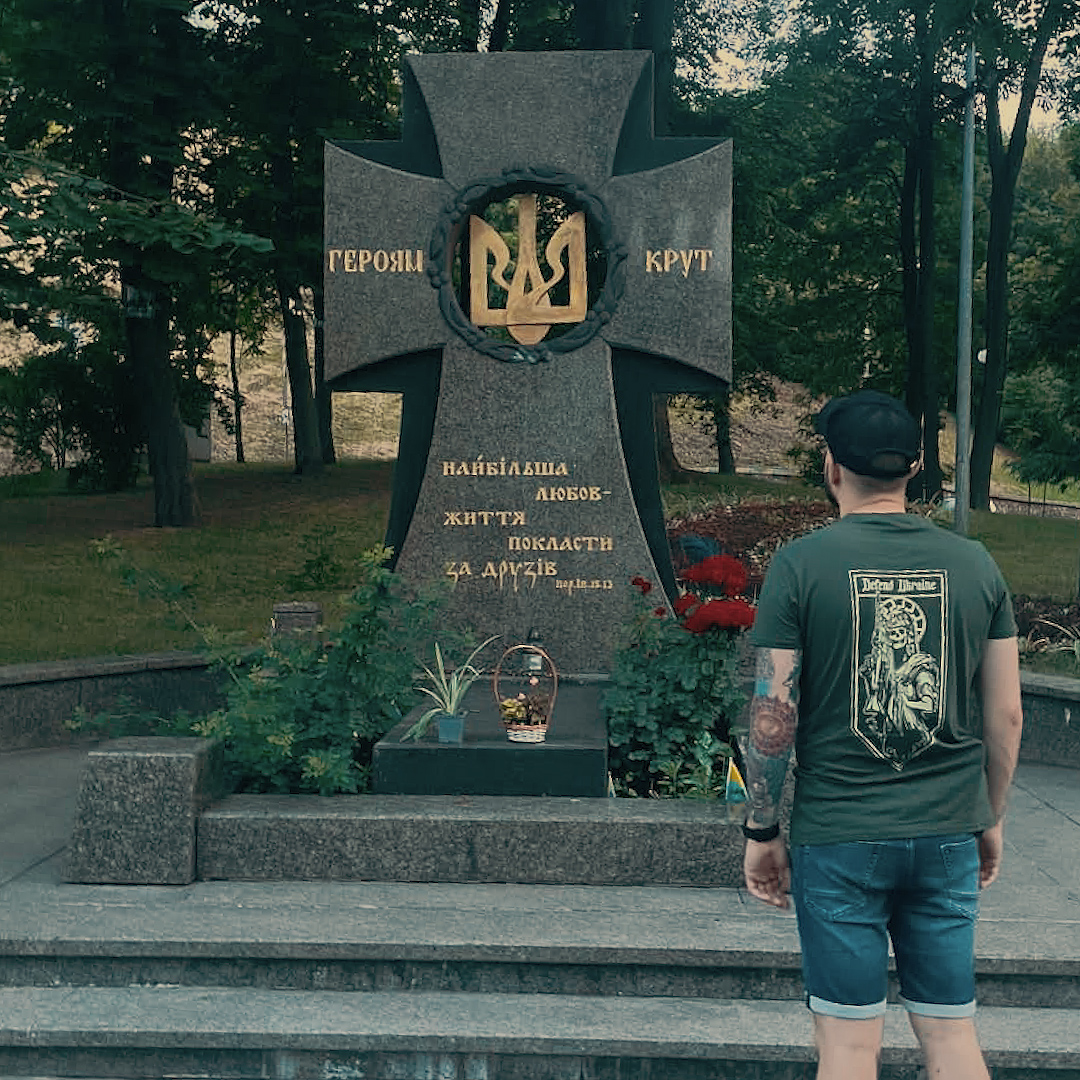
On the other hand, Ukraine will have a lot of internal work ahead, starting with reconstruction. The main thing is not to miss this moment, as Ukrainians as a nation have always excelled in fighting, resisting the enemy, but then they disperse to their homes, rest, and at that moment, the traitors emerge once again...
«This time, we need to finish the job and continue to build the state properly.»
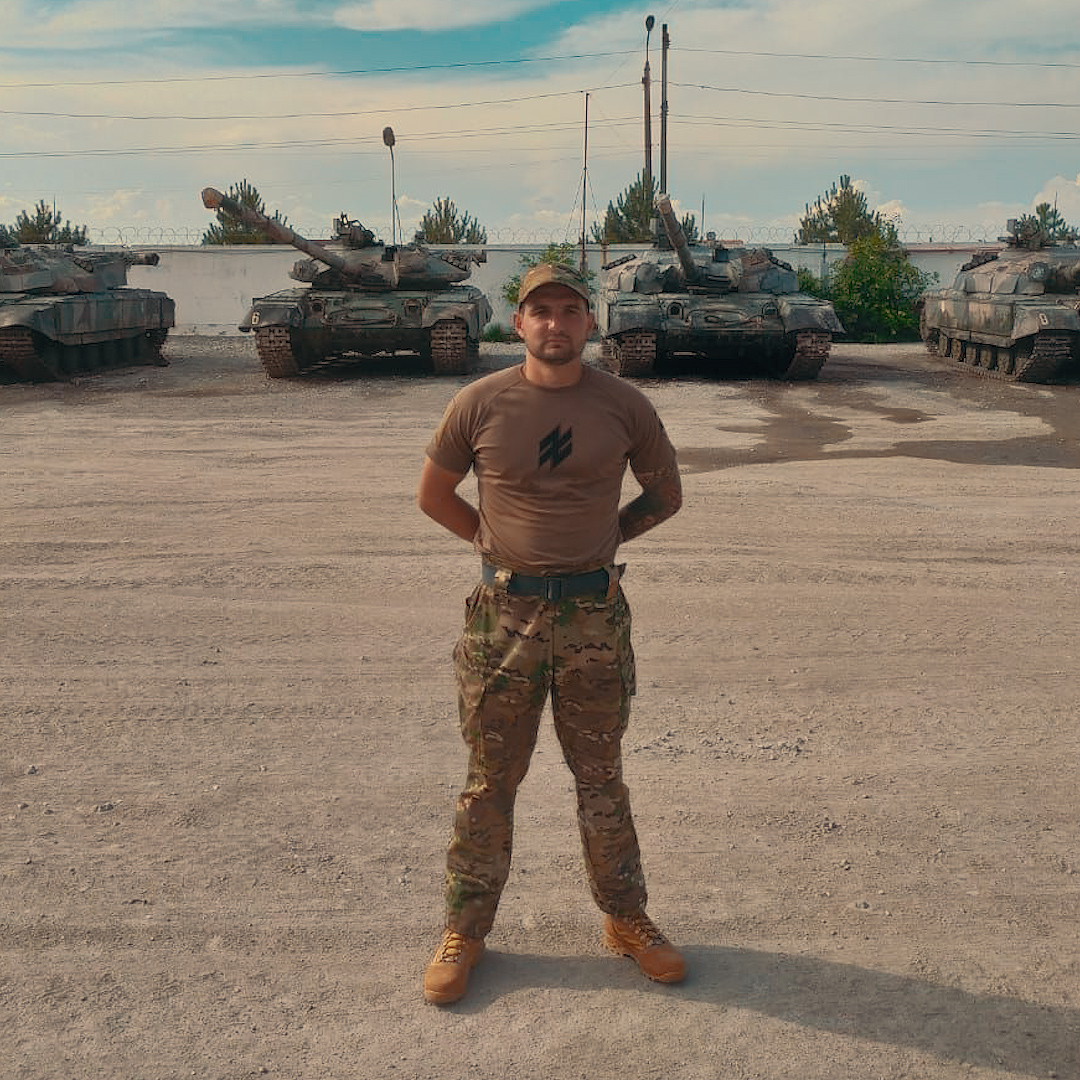
What values should we pass on to our children?
Courage, bravery, honesty, and prudence: these are the four main traits of knights. As a nation, we have every opportunity to pass on this experience to our children.
Translated by Yulian Lahun
Follow us on Facebook and Instagram. Lviv Now is an English-language website for Lviv, Ukraine’s «tech-friendly cultural hub.» It is produced by Tvoe Misto («Your City») media hub, which hosts regular problem-solving public forums to benefit the city and its people.












